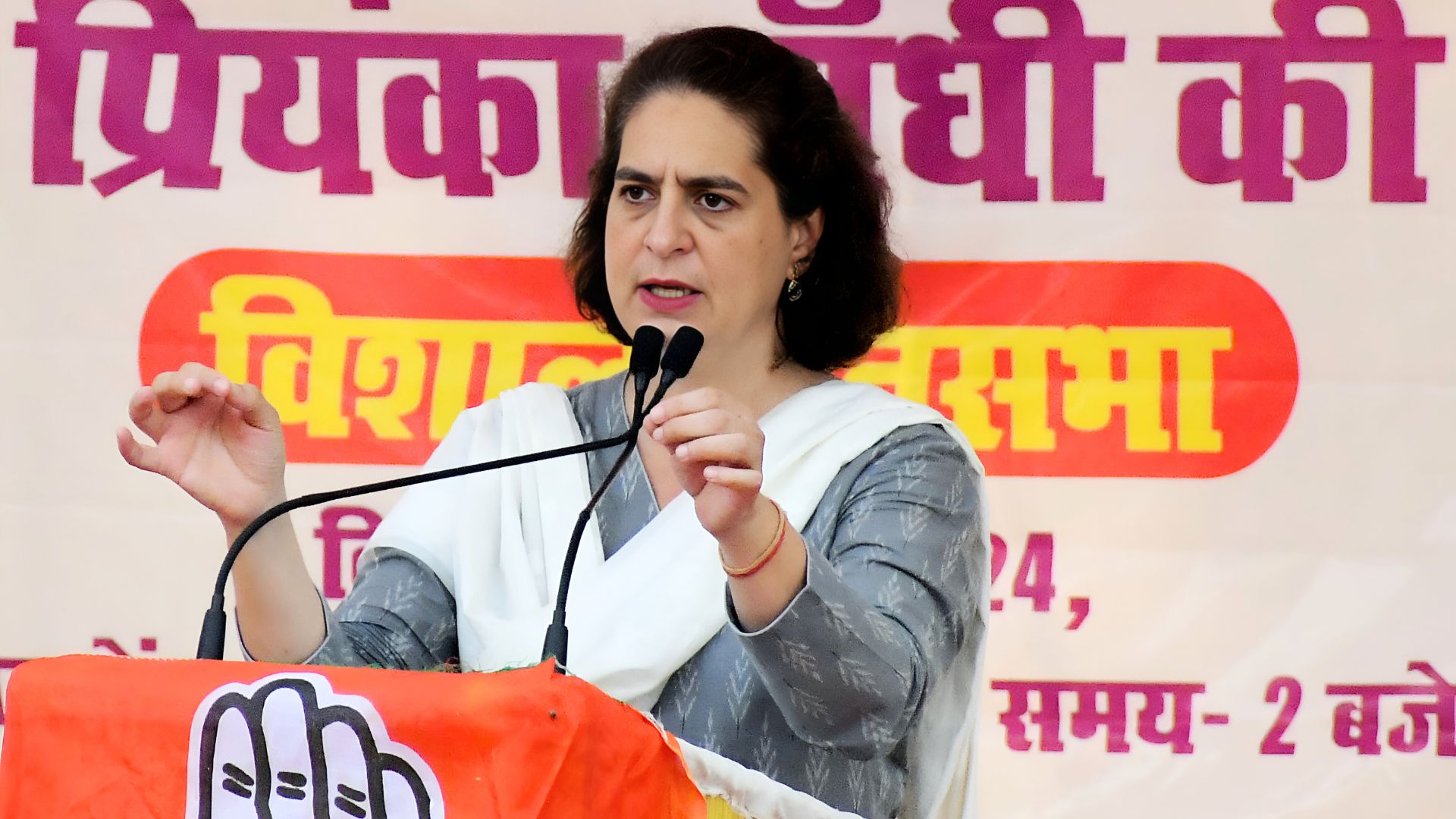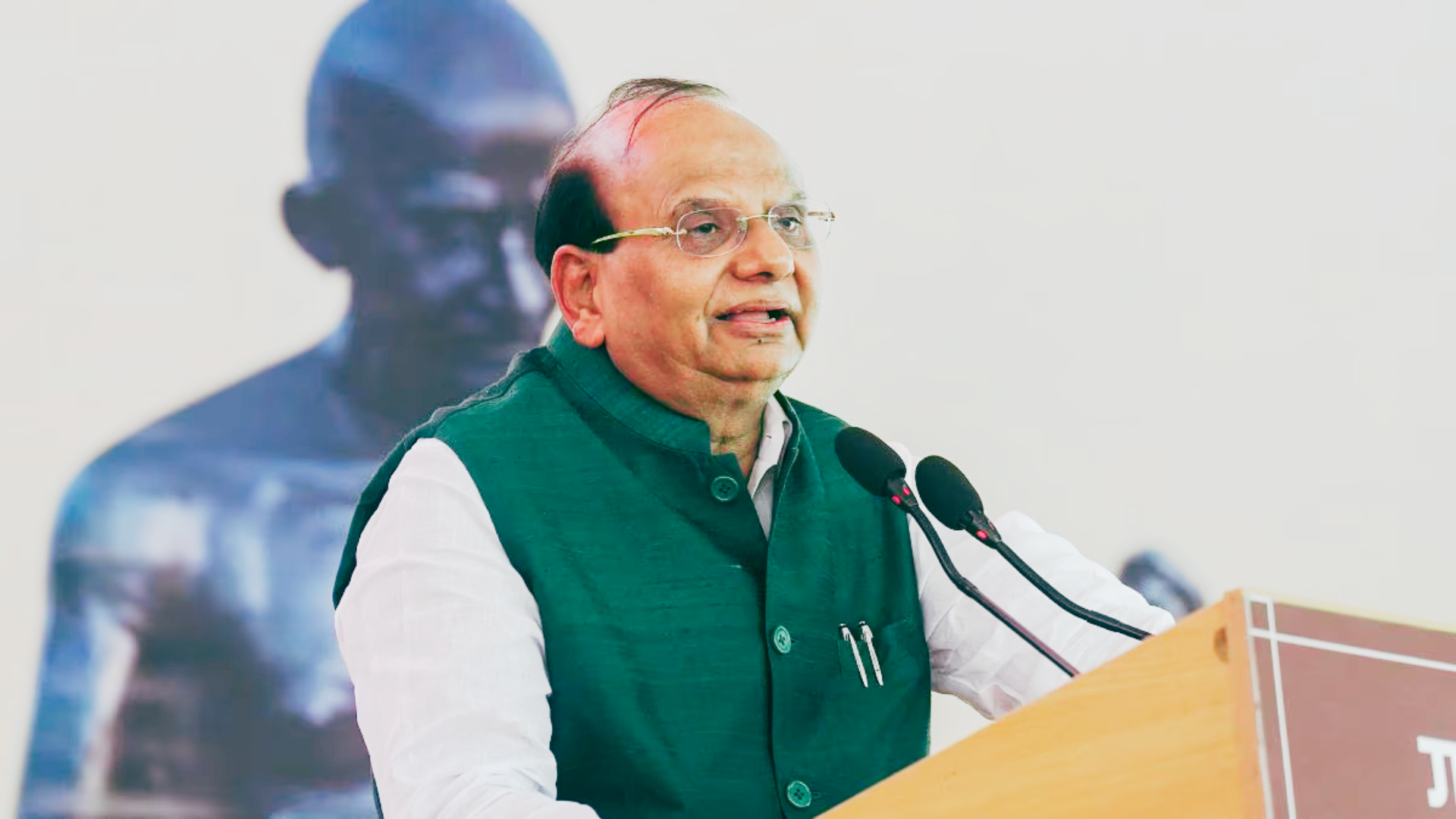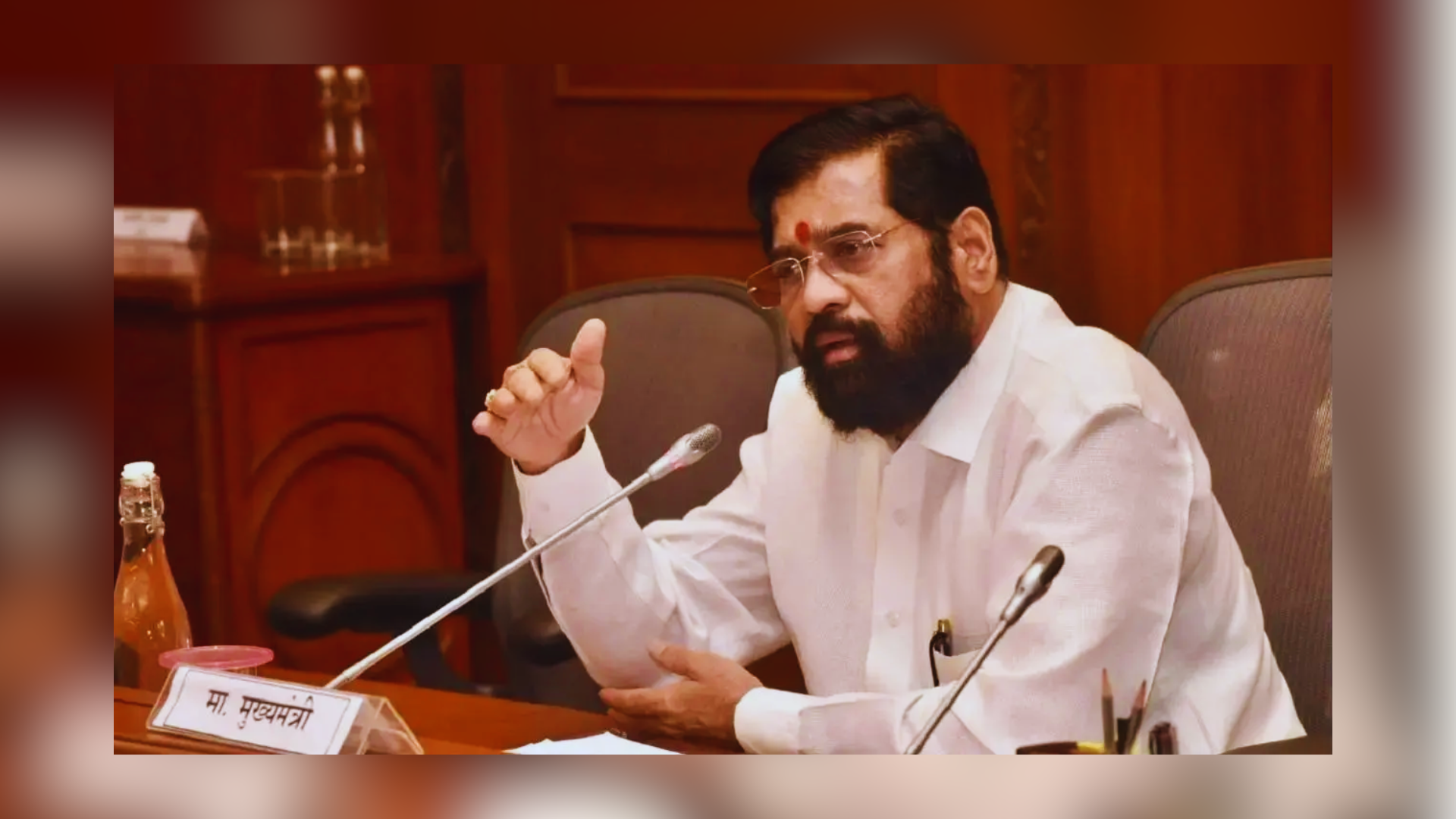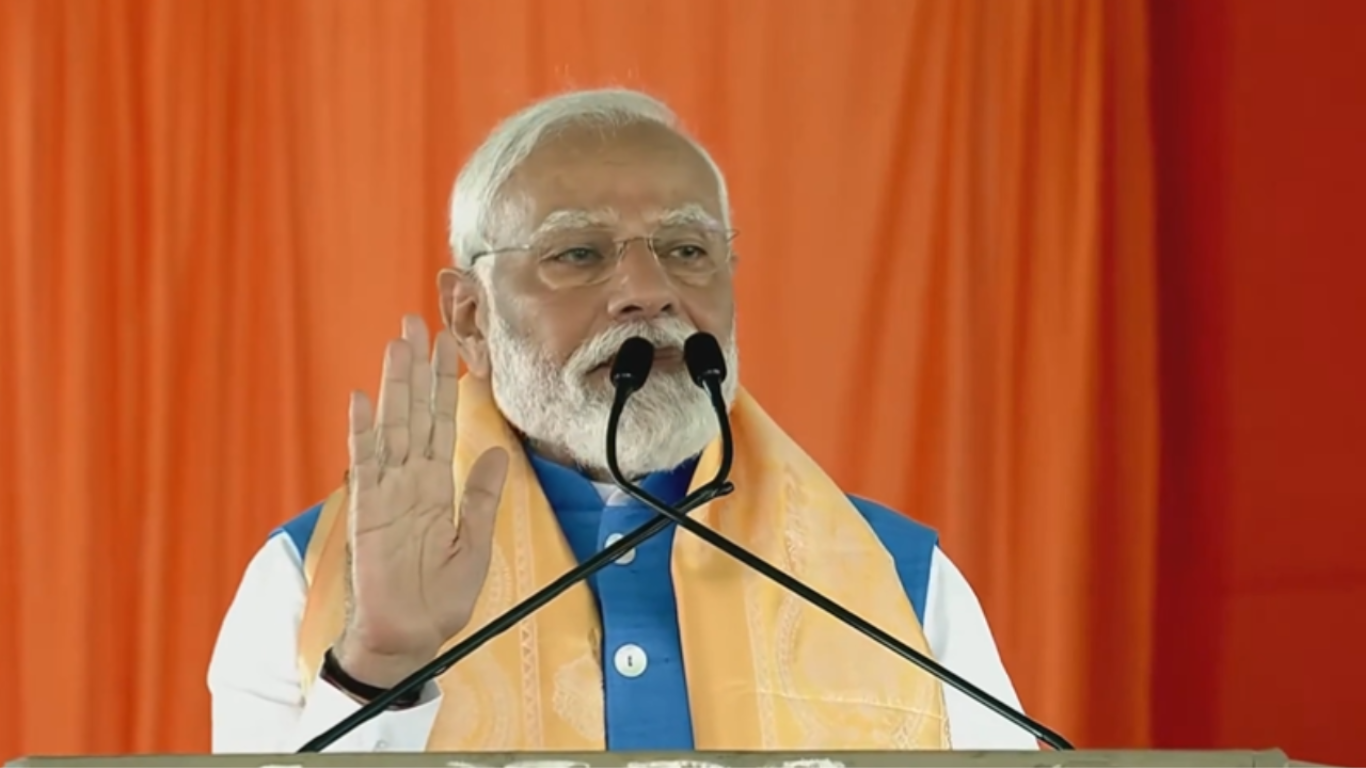










In a recent development, the Delhi Commission for Women (DCW) has come under scrutiny for alleged irregularities in the appointment of contractual employees. The controversy stems from accusations that the then chairperson, Swati Maliwal, made these appointments without proper authorization, contrary to established rules and procedures.
According to reports, a total of 223 contractual employees were promptly removed from their positions following an order by Lieutenant Governor VK Saxena. The Department of Women and Child Development stated that these appointments were made without the government’s permission and were not in accordance with prescribed regulations.
The order issued by the department highlighted several violations, including the contravention of the DCW Act, 1994, and various instructions from the Department of Finance & Planning Department, GNCTD. It emphasized that no formal assessment of staffing requirements or eligibility criteria was conducted, no administrative approvals were obtained, and applications for these positions were not formally invited. Additionally, some employees’ emoluments were allegedly increased arbitrarily without proper justification.
223 employees from the Delhi Women Commission have been removed with immediate effect on the order of Lieutenant Governor VK Saxena. It is alleged that the then chairperson of the Delhi Women Commission, Swati Maliwal, had appointed them without permission, going against the… pic.twitter.com/wMZmaTuX9l
— ANI (@ANI) May 2, 2024
READ MORE : BJP’s Brij Bhushan Could Sit Out Of Polls Amid Sexual Harassment Allegations
Citing these irregularities and illegalities, the order declared the appointments of contractual staff in DCW as “void-ab-initio,” meaning they were invalid from the outset and could not be allowed to continue. Consequently, the Lieutenant Governor approved the proposal to discontinue the services of all contractual staff appointed by DCW beyond its delegated powers and without adhering to established procedures.
The order directed DCW to immediately terminate the services of such contractual staff and to ensure compliance with government regulations, rules, and guidelines. This development underscores the importance of adherence to due process and transparency in government appointments, particularly in sensitive roles such as those within the Delhi Commission for Women.









